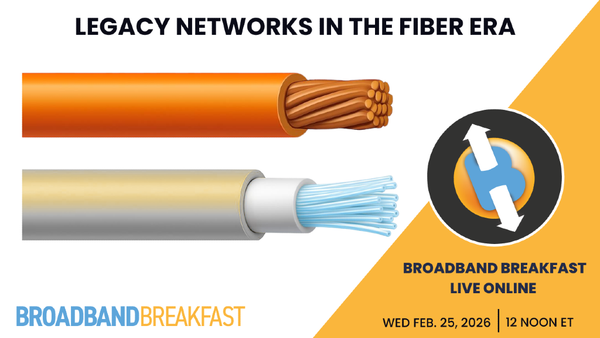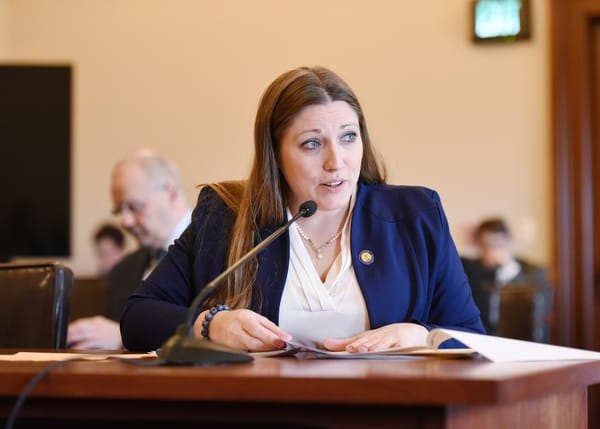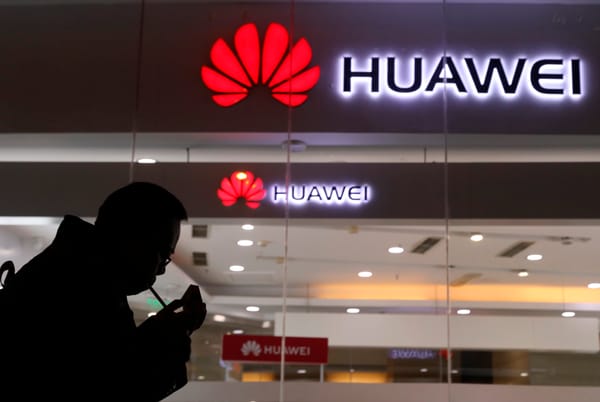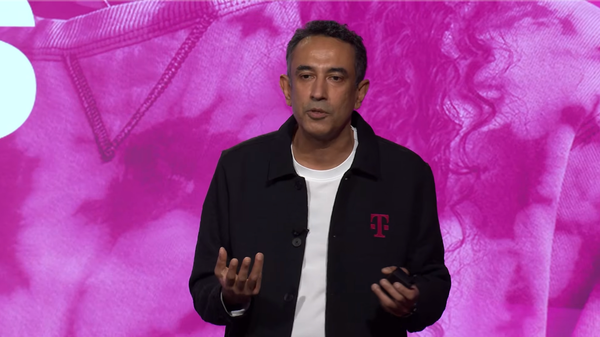Provider Says FCC Should Freeze Affordable Connectivity Program Transfers
After February 7, the FCC is not going to require ISPs to accept ACP transfers.
Ted Hearn

WASHINGTON, January 13, 2024 – The Federal Communications Commission will start to shut down a key internet subsidy program for low-income households early next month, but one provider thinks the agency needs to do more.
The FCC said Thursday that the Affordable Connectivity Program will stop accepting new enrollments after February 7. New internet access providers can’t join the program after that date, either.
According to MVNO provider TruConnect, the FCC needs to broaden its plan. The virtual wireless company said the agency should freeze the ability of current ACP enrollees to transfer their benefits to another internet provider after February 7.
“A benefit transfer freeze during this time is in the best interest of ACP households, ACP providers, program integrity and program efficiency until funding either expires or is reappropriated,” TruConnect’s lawyer Judson H. Hill said in a filing posted on the FCC’s website today.
Hill said he communicated TruConnect’s position on Jan. 9 to Noah Stein, Deputy Bureau Chief of the FCC’s Wireline Competition Bureau, which issued the FCC’s 15-page ACP shutdown order two days later.
FCC’s shutdown order restricts the transfer of ACP benefits
According to the FCC, about 22 million low-income households have enrolled in the ACP, which Congress established in late 2021 with $14.2 billion to take $30 off monthly internet bills. The program’s last full month will be April without new funding by Congress, the FCC said.
The FCC’s rules provide that “households may transfer their ACP service benefit once per calendar month, with limited exceptions.”
In Thursday’s order, the FCC said it would not “require providers to perform transfer-in transactions for enrolled ACP households seeking to transfer their benefit.”
Instead, the FCC said it will allow “providers to choose whether to accept transfers after the ACP enrollment freeze.”
TruConnect didn’t provide any specifics behind its support for a transfer freeze.
In his discussion with the FCC’s Stein, Hill said he “emphasized that once program enrollments are frozen, that to achieve an orderly program wind down until funding expires that the [FCC] should also freeze ACP household subscriber benefit transfers between ACP programs providers.”
TruConnect’s website is effectively a portal to sign up ACP households and includes offers such as free 8 GB of high-speed data, free unlimited talk and text, and an option to buy a tablet for $10.01.
The ACP is administered by the Universal Service Administrative Co. under the FCC’s oversight. USAC’s website does not appear to have information on how many ACP enrollees have transferred to a new internet provider during the 24-month life of the ACP, which was created to help struggling Americans rebound from the pandemic.
Ted Hearn is the Editor of Policyband, a new website dedicated to comprehensive coverage of the broadband communications market. This piece was published on Policyband on January 12, 2024, and is reprinted with permission.










Member discussion